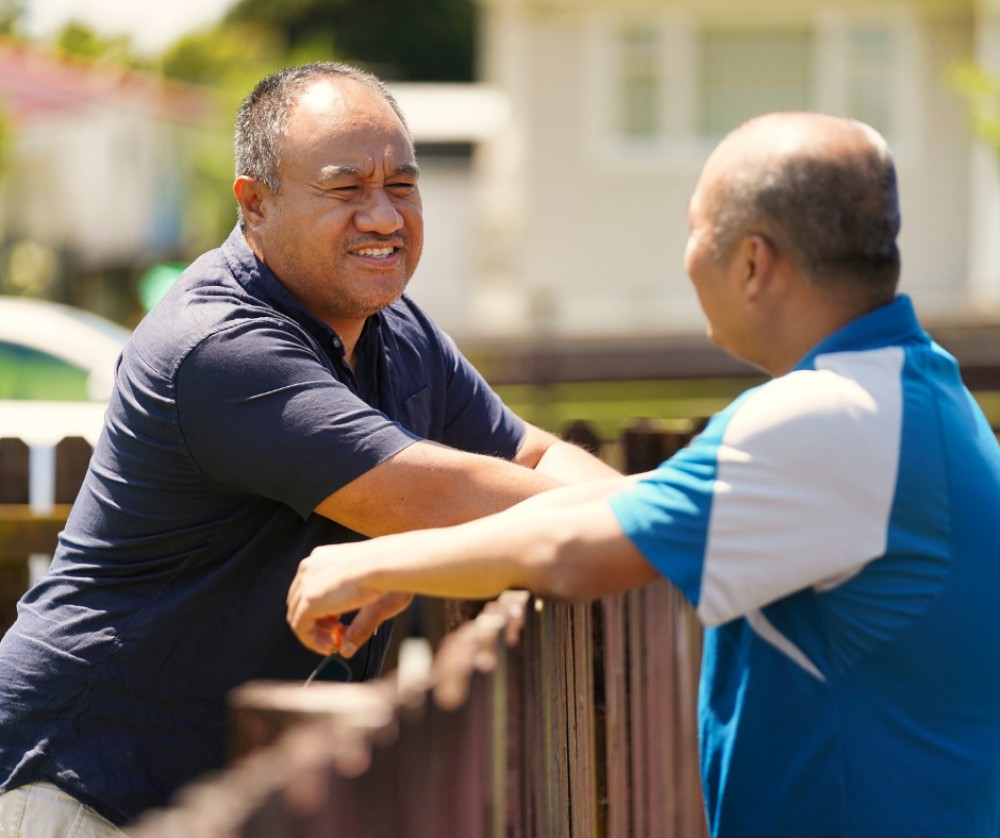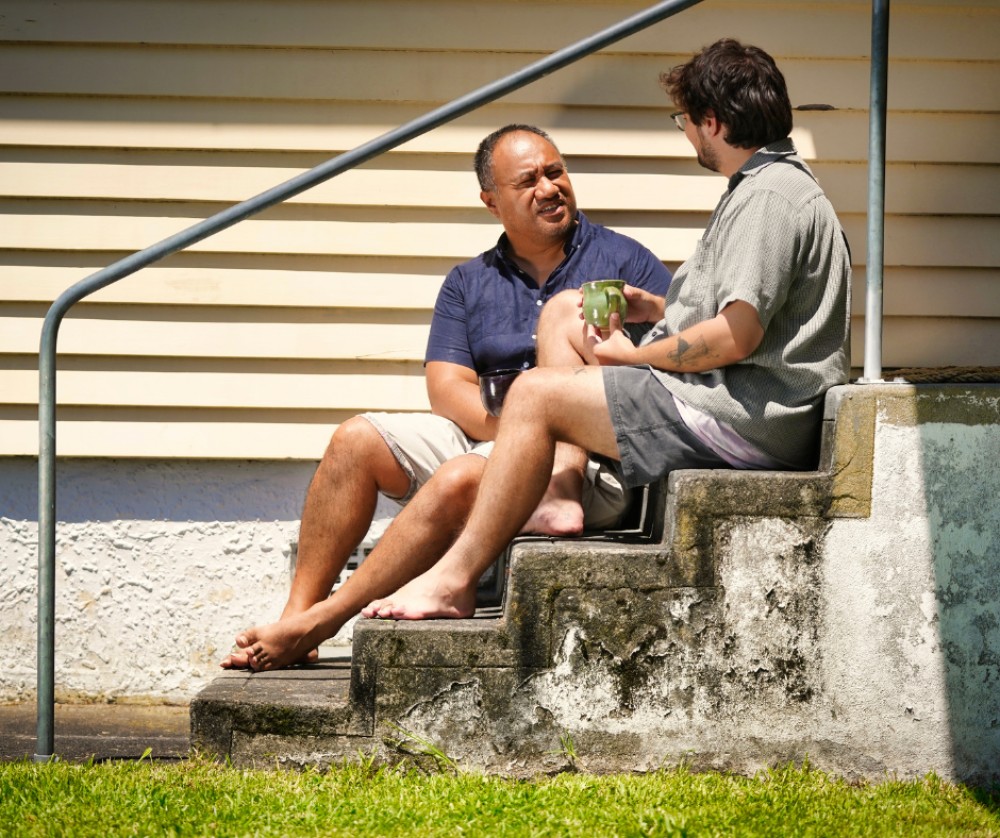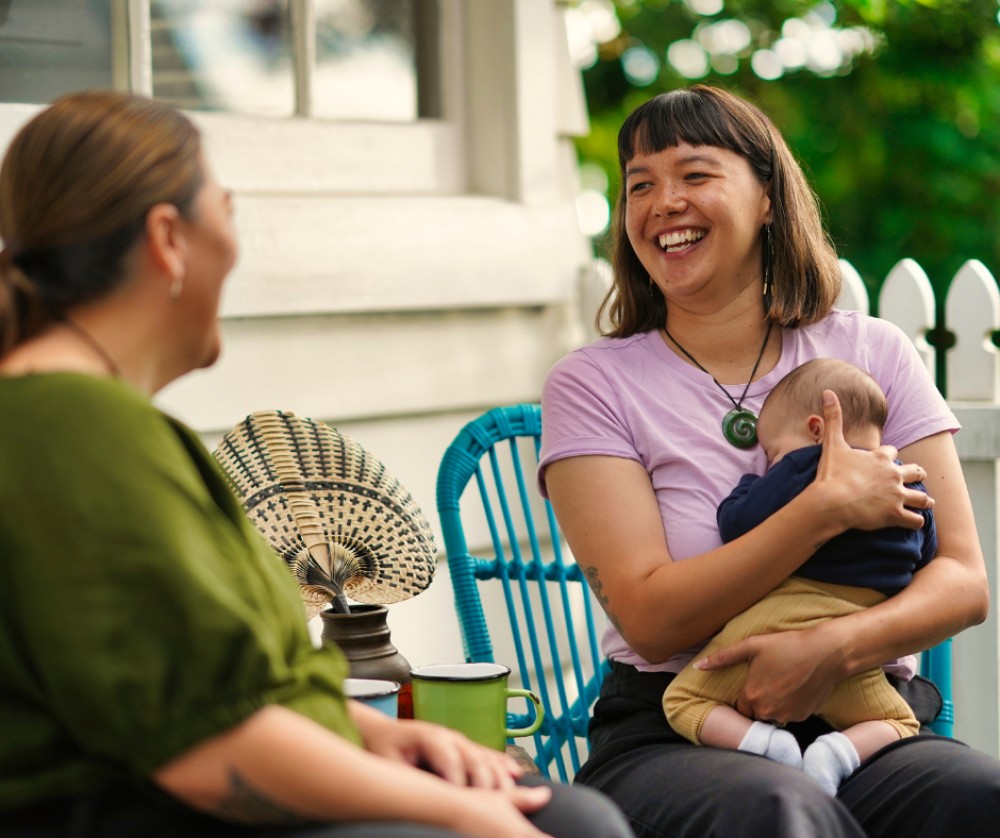As Aotearoa New Zealand’s mental health law – the Mental Health Act – progresses towards change, we’ll be showcasing inspirational local and international initiatives that take a different approach to mental health care across the motu.
“We’d been talking with the (then) Ministry of Health about some challenges our adult acute mental health unit in Auckland was facing. We have had whaiora (people seeking wellness) who were, so to speak, ‘stranded’ in mental health units...We were really concerned about keeping people in for long stretches of time, longer than is needed.”
Raewyn Allan, Tumu Whakarae (CEO) at Mahitahi Trust explains why keeping people in inpatient units for extended periods of time is such a big issue.
“When our people become unwell, they often lose their housing as a consequence. This can lead to a vicious cycle of homelessness, becoming more unwell, then coming out of inpatient units with nowhere to go. We wanted to tighten up that loop.”
The Ministry took note and helped Te Toka Tumai launch Rapua as part of the Housing Action Plan. Mahitahi and CORT, who already had a fruitful and long-standing relationship, quickly came on board. The three agencies have since been working together to support people with mental distress to live well and independently in their community, and avoid re-admission into acute services.



